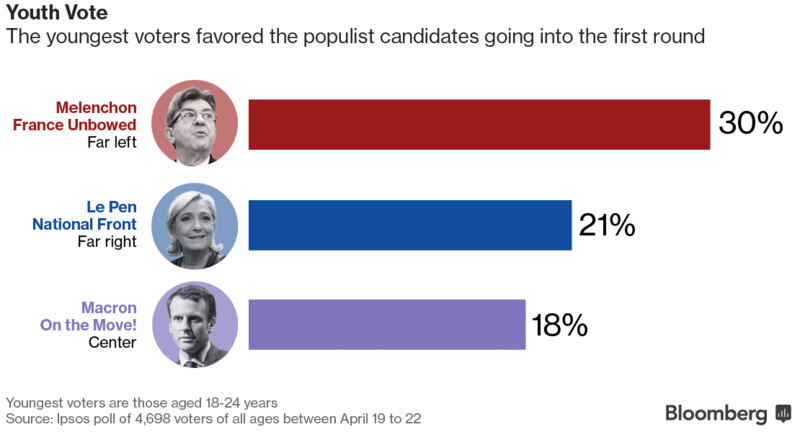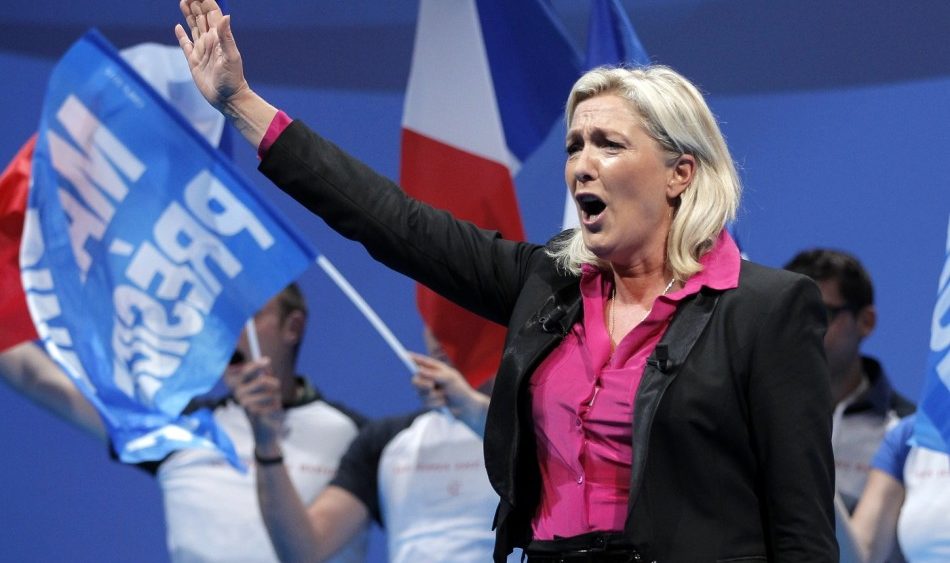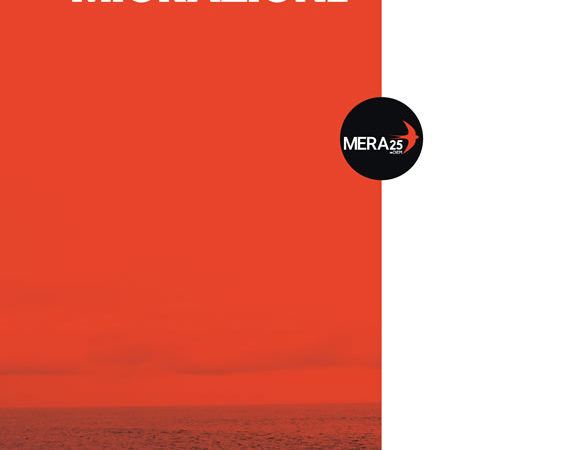For French progressives, next Sunday’s ballot has a clear two-fold purpose: vote against evil and come together.
It is perhaps the single-most important failure of progressives across Europe since the outbreak of the 2008 financial crisis and Brussels’ blundering crush of the Athens Spring in 2015 – an utter inability to come together and present a solid front, and a sensible, non-sectarian agenda, against the xenophobic and toxic nationalistic forces tearing apart the European Union.
While the urgency to once and for all overcome such a failure to unite should have become painfully obvious after the Brexit and Trump experiences of 2016, the latest wakeup call to European progressives after the first round of the French presidential election may also go ignored along with another missed opportunity for progressives to come together.
Regardless, we must try.
When Emmanuel Macron made it to the second round of the French presidential election last month, banning Marine Le Pen from occupying the Élysée Palace for the present time, the EU breathed a sigh of relief with our European representatives and various heads of state echoing their euphoria. The threat to the Union had, once more, been averted. But sadly this is as myopic as Brussels can be.
Macron may very well prevent the Front National’s rise to power next Sunday, but by what margin and for how long? The epic demise of Macron’s former Socialist Party has left its electorate fractured among him, Benoît Hamon and Jean-Luc Mélenchon, so the young former Minister of Economy and maverick investment banker is doomed to endure an extremely weak presidency after the legislative race in June. This is particularly dangerous if there is no clear alternative in sight.

Despite his fourth-place finish, Mélenchon was the clear winner on the left political spectrum, and yet he lost a golden opportunity to galvanise his supporters, particularly the disenfranchised youth, and help defeat Le Pen’s hopes for victory. It is incomprehensible how the France Insoumise candidate failed to send a strong message to the same demographics he shares with the fascist leader regarding the side of history on which young French voters should position themselves.
Equally incomprehensible is the attitude of Podemos, Mélenchon’s ‘comrades’ south of the Pyrenees, with some of its leadership going so far as to make calls for abstaining from next Sunday’s vote. Petty party-politics, dogmatism and tactical manoeuvring is not something European democrats can afford at this moment in time.
Looking the other way is not an option. Washing our hands, promoting an empty ballot and delivering ambivalent rhetoric against a clear enemy of fundamental human rights is tantamount to becoming an accomplice to the return to the post-modern 1930s DiEM25 has been warning about since its launch a little over a year ago.
There is still time to see off this evil in our midst, and then a second step immediately becomes equally imperative: organising and campaigning in favour of a broad alliance of progressive internationalists in the June legislative elections.
The day after the election is when we must all regroup and, once and for all, come together to combat those policies which are eroding our Union and turning our young over to the likes of Le Pen, Orbán and Wilders. Thus, on May 8, we must assume our responsibility to unite in the broadest possible alliance and form a sensible political opposition to such policies not only at the Assemblée Nationale, but also in parliaments and municipalities across the EU. It is our time to step up, so that a progressive agenda for Europe can be turned into policy and the EU into a true common space for humanism, prosperity and solidarity.
If Europe continues to disintegrate and those who want to destroy it manage to dictate our politics, and even the discourse of the emerging progressive forces, history will judge us all again. Severely.
French progressives do not have to choose between the lesser of two evils on May 7. For French democrats and progressives, next Sunday’s rendezvous at the ballot has a clear two-fold purpose: to vote against evil itself and to come together.
Article first published in openDemocracy.
Volete essere informati delle azioni di DiEM25? Registratevi qui!




